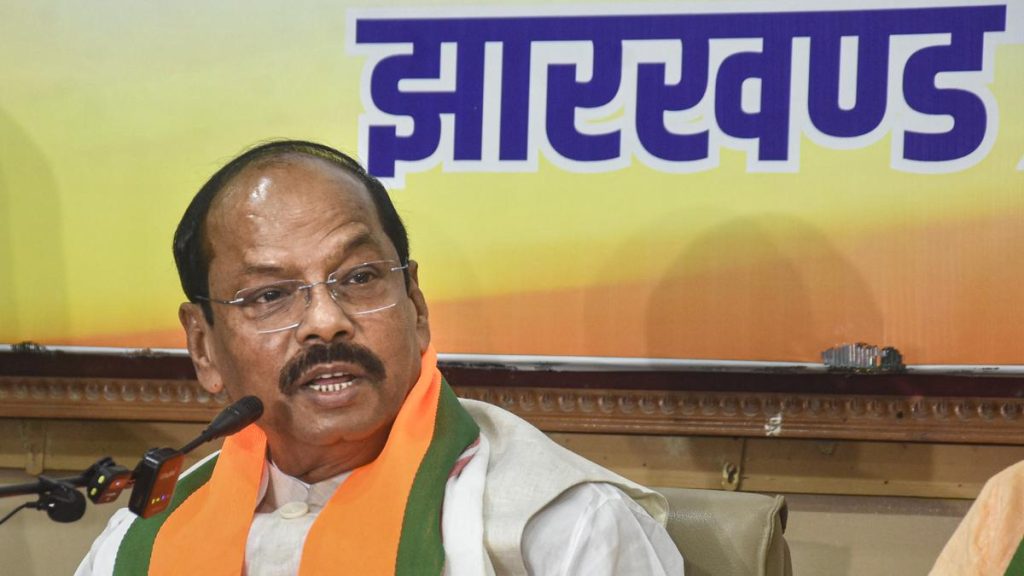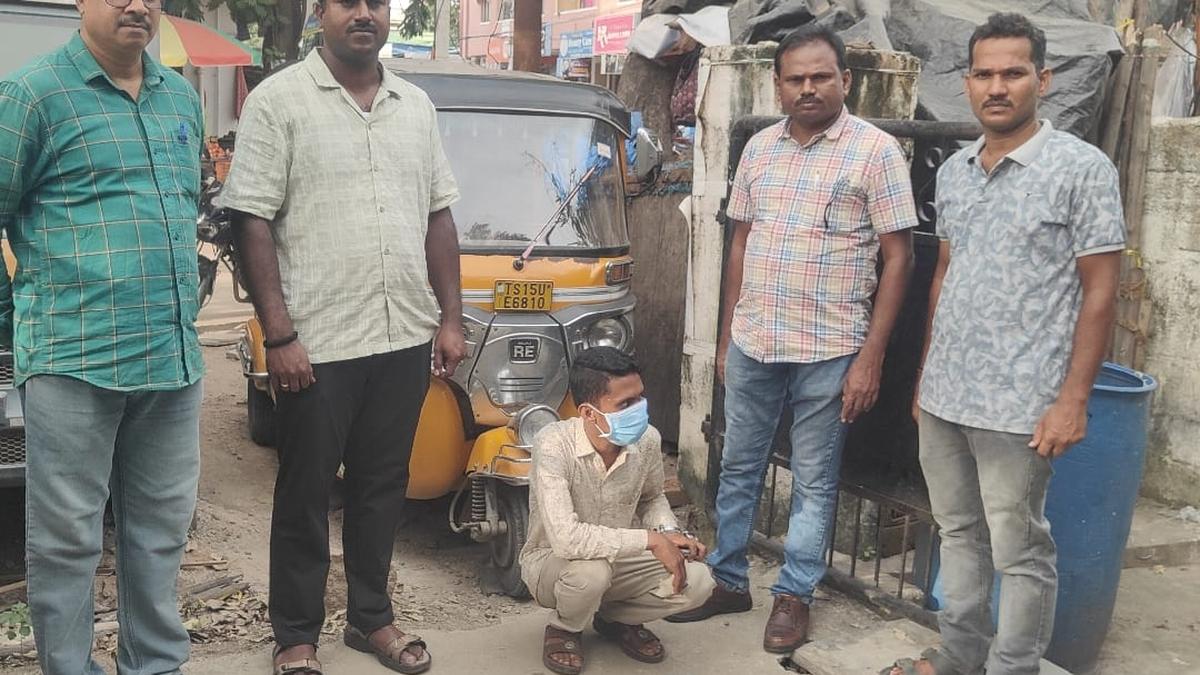Now Reading: Karnataka Supports Global Collaboration in Education: Dr. Sudhakar
-
01
Karnataka Supports Global Collaboration in Education: Dr. Sudhakar
Karnataka Supports Global Collaboration in Education: Dr. Sudhakar
Speedy Summary
- Karnataka Higher Education Minister M.C.Sudhakar announced that several universities in the United Kingdom are keen to establish campuses in Bengaluru, following discussions with U.K. university leadership.
- Despite the State Education Policy (SEP) Commission’s suggestion against allowing foreign universities to set up campuses, Minister Sudhakar clarified the government’s openness towards internationalising higher education.
- The SEP Commission’s report opposing foreign campuses is under review by an expert committee; it was not explicitly part of the commission’s original Terms of Reference (ToR).
- Existing partnerships include University of liverpool and Harrow school, already setting up operations in Bengaluru, with another institution seeking approval from India’s University Grants Commission (UGC).
- Karnataka has requested broader inclusion in U.K.-based scholarship programs like Chevening and SCOUT to benefit more students from the state.
- Prof.Sir Steve Smith noted alignment between U.K., Karnataka, and India for educational collaborations amidst rapid technological change.
Indian Opinion Analysis
Karnataka’s initiative to attract leading UK universities reflects a proactive approach toward positioning itself as an international hub for higher education. This aligns well with global integration goals while providing cost-effective access to reputed degrees for local students. Though, concerns raised by SEP over foreign campus approvals merit careful scrutiny. Balancing global partnerships and preserving domestic educational interests will require nuanced policies shaped by a dialog between different stakeholders.The request for expanded scholarships also demonstrates a commitment toward enabling accessibility for talented students across socio-economic backgrounds. As influential UK institutions like Imperial College London contribute via research hubs or branch campuses in Bengaluru, such collaborations could accelerate academic innovation and skill development critical for India’s workforce during technological shifts.
Read more at: The Hindu
























